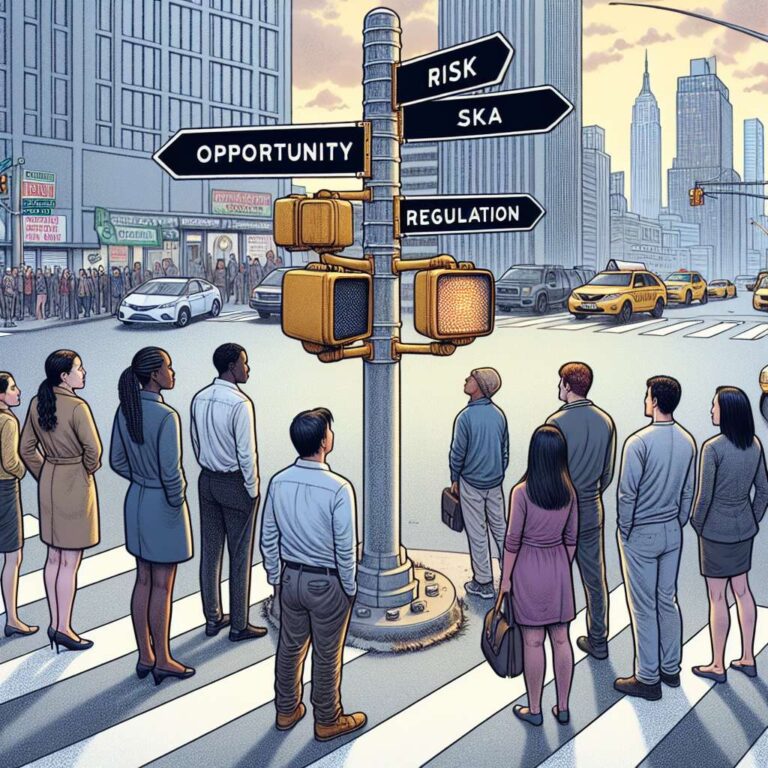Artificial intelligence continues to dominate headlines with a torrent of developments impacting technology, ethics, and society. Recent news stories underscore libraries opening their book collections to enhance the training data for chatbots, expanding their ability to understand humanity beyond internet-based sources. High-profile industry figures like Nvidia´s CEO highlight artificial intelligence as a transformative equalizer, while simultaneously warning that regions like Europe risk lagging without adequate innovation support and adaptation to the new technological landscape.
Artificial intelligence’s impact on the workforce remains a hot topic, with numerous reports detailing both promise and upheaval. Video game performers, for example, reached a tentative labor agreement after nearly a year on strike over artificial intelligence-related issues, underlining concerns about job security and rights as automated technologies increasingly permeate creative industries. Meanwhile, experts weigh in on the risk of artificial intelligence ´breaking´ traditional career ladders, particularly for college graduates, as automation threatens to bypass entry-level job experience. Axios reporters analyze which employment sectors are most vulnerable to technological disruption and explain how workers and students are adapting, including a pivot by some members of Generation Z toward blue-collar trades for greater stability in an automated future.
Regulatory debates and ethical dilemmas abound, particularly as lawmakers grapple with deepfakes, privacy, and security. The U.S. has seen the proposal of a decade-long federal ban on state-specific artificial intelligence regulations, igniting conversations about the appropriate venue and scope for overseeing rapidly advancing systems. Legal actions against major artificial intelligence companies, such as Reddit’s lawsuit against Anthropic for allegedly scraping user data, add to concerns over intellectual property and privacy. Simultaneously, global authorities pursue criminal operations fueled by artificial intelligence—ranging from financial aid fraud using bots to extensive dragnet operations against those distributing AI-generated child exploitation material. Companies like Apple and Amazon showcase new products blending artificial intelligence with consumer technology, promising features like real-time translation, augmented call screening, and smarter virtual assistants. Yet these advances come alongside heightened warnings about privacy, particularly regarding Chinese-made applications and potential data transfers. As artificial intelligence’s influence grows across media, commerce, education, and even religion, tech leaders, policymakers, educators, and end users are left navigating an increasingly complex landscape of innovation, opportunity, and risk.

